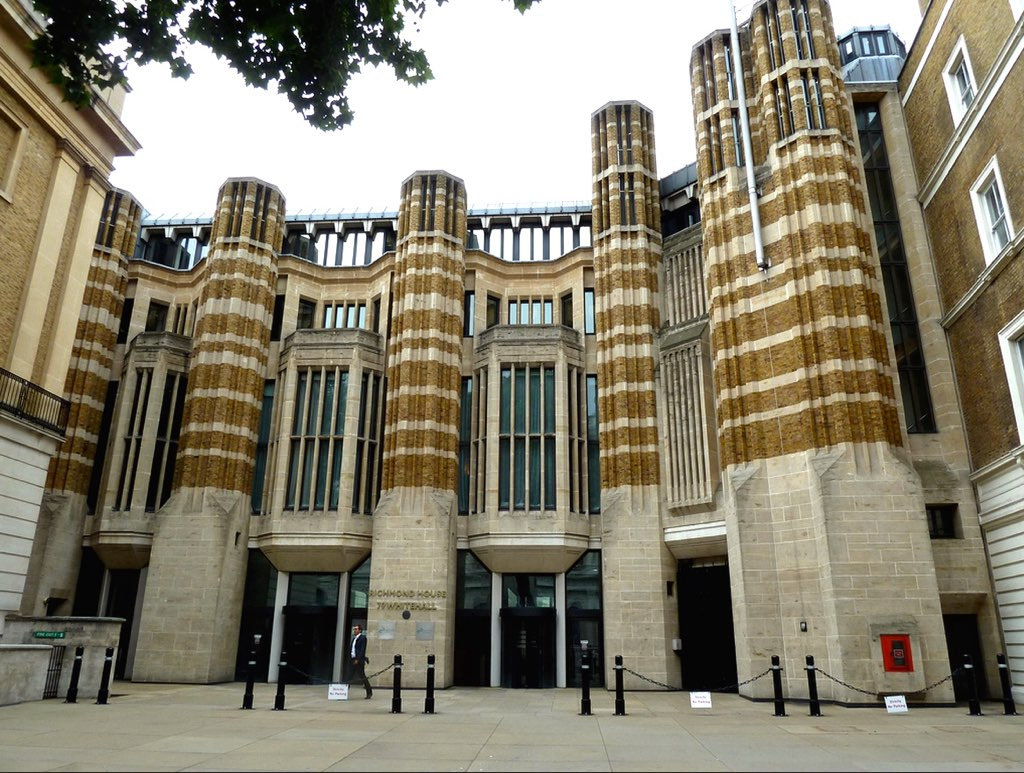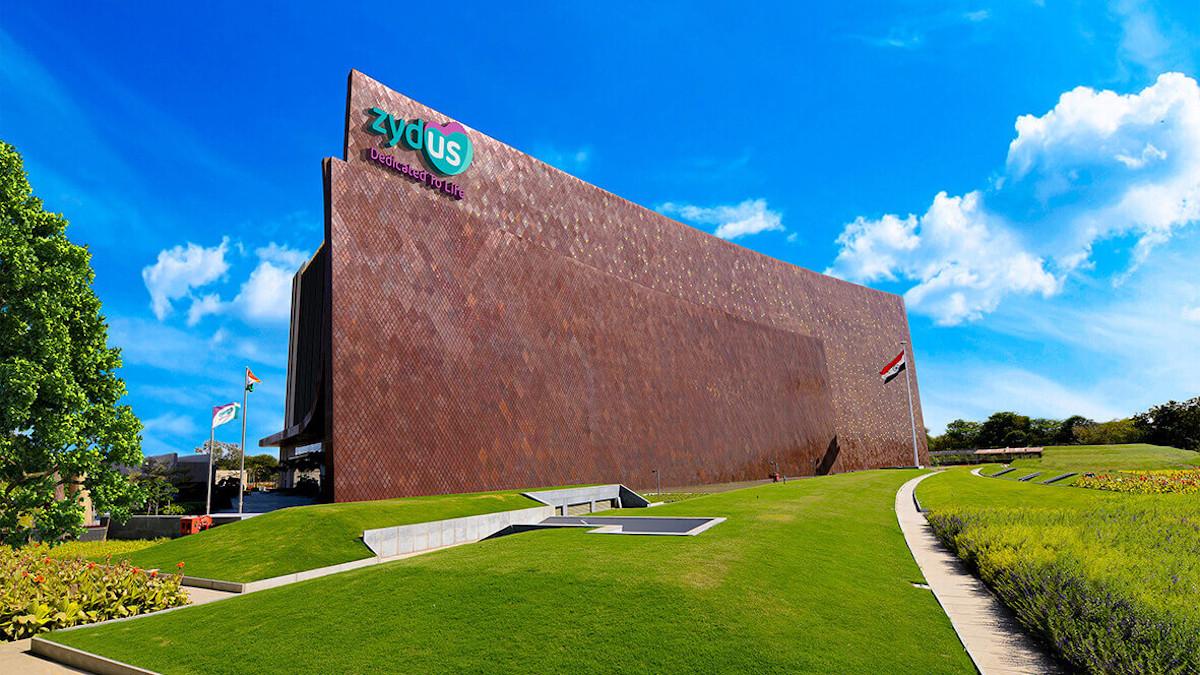UK to crack down on generics price gouging

Companies that exploit market conditions to introduce huge price rises to generic drugs are facing a crackdown in the UK.
The government has introduced the Health Service Medical Supplies (Costs) Bill into parliament as an addition to existing spending controls, closing a loophole allowing manufacturers to charge more for generics if they also market branded drugs.
In a briefing document, the Department of Health said that it cannot currently control the price of a generic medicine if a manufacturer has a mix of branded and unbranded products, and the company is part of a voluntary pricing scheme.
The move has been prompted by an investigation by The Times newspaper, which uncovered examples of alleged profiteering in June.
It named AMCo (now known as Concordia) as one company using the loophole after it raised the price of thyroid medication liothyronine 20mcg tablets.
Its price is said to have risen from 16 pence a tablet to £9.22 in just a few years, adding hundreds of millions to the NHS medicines bill.
Many companies currently in the voluntary Pharmaceutical Price Regulation Scheme (PPRS) have mixed portfolios, and existing legislation prohibits the government from imposing price controls on these companies.
The bill would amend the National Health Service Act 2006 to enable the government to require companies with a mixed portfolio to reduce the price of a generic medicine if it is deemed too expensive.
All information on health service medicines will be brought together in one place, enabling the government to obtain information on sales and purchases of National Health Service medicines, and other medical supplies from all parts of the supply chain.
This will allow the government to decide whether the supply chain, a specific sector, or specific product groups provide value-for-money to the NHS.
Richard Torbett, Executive Director, commercial, at the Association of the British Pharmaceutical Industry (ABPI), said: “The ABPI acknowledges the need for clarity on pricing on older medicines and has been calling on the government to take action on the issue of significant price rises in a small number of those medicines where a competitive market is not working as effectively.
"The ABPI is looking carefully at the bill to ensure that the government’s response is proportionate and appropriately targeted."
The government will be consulting on the bill in spring and summer next year.
The controversy has close parallels with so-called 'price gouging' in the US. One of the most infamous US drug pricing scandals centred on generic drug Daraprim, a toxoplasmosis treatment which Turing Pharma's chief executive Martin Shkreli raised the price of by 4,000% last year.
Shkreli has since been ejected from the company, but the market still remains vulnerable to similar techniques in generic medicines, and price rises across generic and patented drugs remains an ongoing controversy in the US.
The UK has also just proposed new price controls on the statutory pricing scheme, which controls the cost of patented medicines not included in the main PPRS pricing system.













